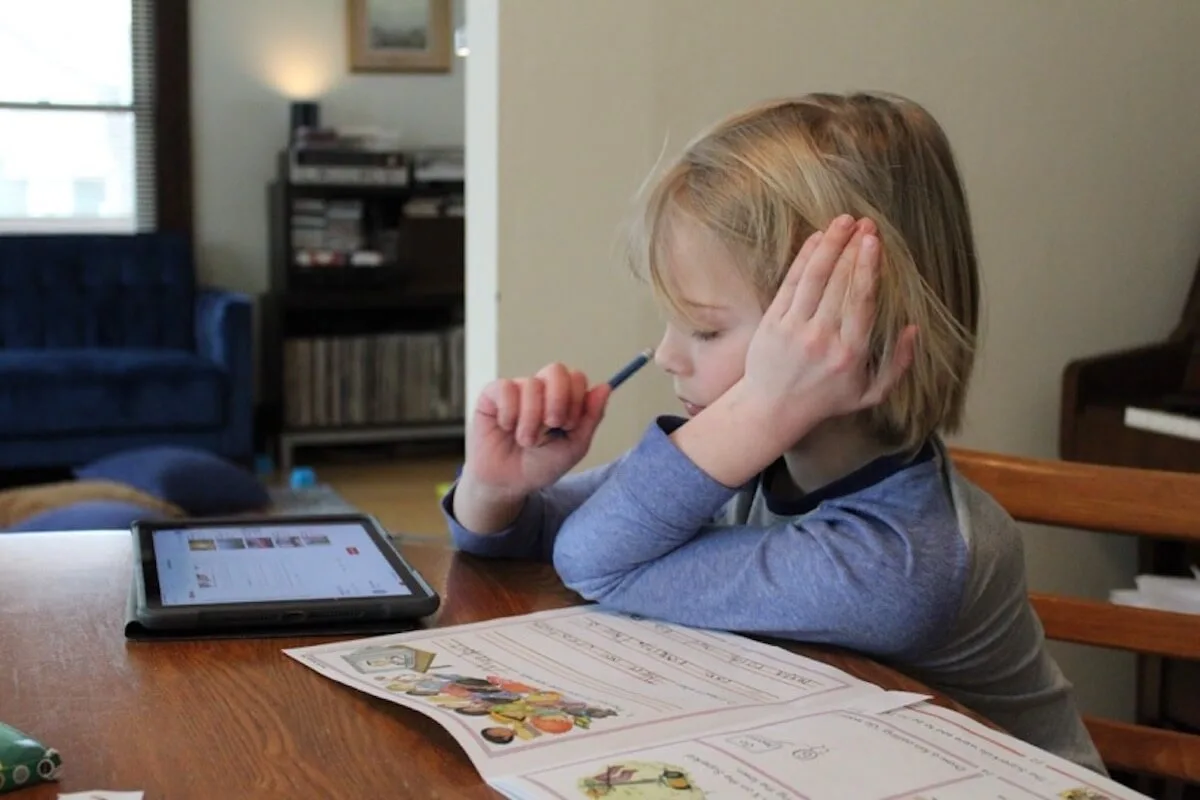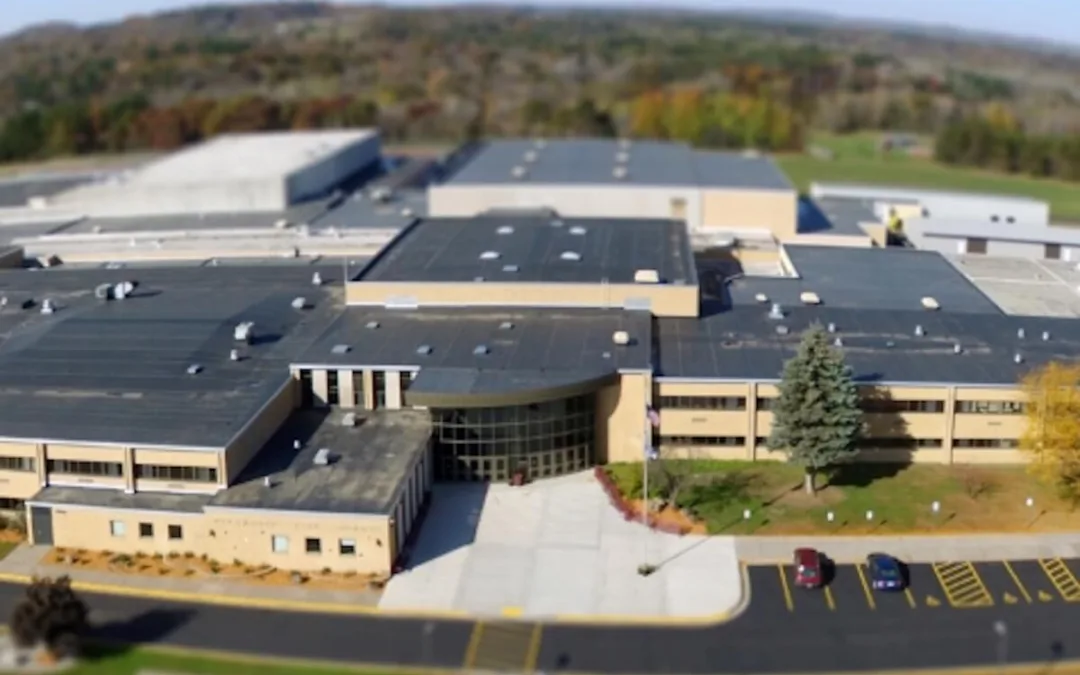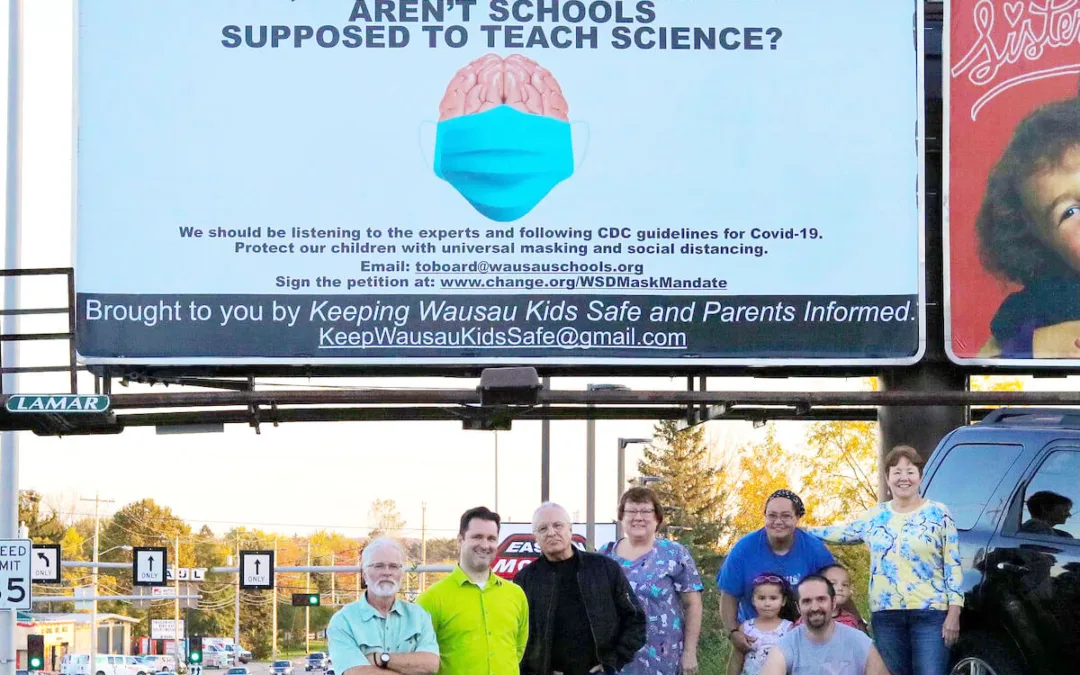
#image_title
#image_title
Joint Finance Committee decides some federal funds will be reduced for school districts still holding classes online.
Wisconsin Republicans in the Legislature continue to push for schools to reopen without taking measures to ensure they could open safely. The latest effort along those lines was passed by the Joint Finance Committee on Wednesday, which ties a fiscal reward for school districts to every hour of in-person instruction.
The committee’s Republicans decided to use $68.6 million, the 10% of federal education funds that can be allocated at their discretion, to reward schools that have opened for in-person instruction, punishing those who still have classes online due to safety concerns about teachers and staff contracting the coronavirus.
Democrats on the committee excoriated the proposal, including Sen. Jon Erpenbach (D-West Point) who called the measure punitive.
“I can’t stress this enough–certain parts of this state were hit really hard by the pandemic and the boards had to do what they did,” Erpenbach said. “And you’re now going to financially punish them even though they are still teaching their kids just in a different way.”
Committee Republicans rejected a recommendation from the Department of Public Instruction that would have ensured a minimal aid package of $100,000 to schools and then $395 per enrolled student. Rep. Evan Goyke (D-Milwaukee) told the committee that although Milwaukee Public Schools would not have received additional funds under the DPI’s proposal, he supported it over the Republicans’ proposal, which could impact school districts such as Ashwaubenon, Cedarburg, Muskego-Norway, De Pere and more.
Goyke called the policy an abuse of the Legislature’s power of the purse, putting school districts in the position of choosing between the safety of students, staff, and teachers, or the school district’s finances.
“Your school board is going to have an actual dollar amount dangled in front of them by legislative Republicans. It will cost them money if they go virtual,” Goyke said. “Every hour they go virtual, whether there’s a hundred cases or zero cases it’s going to cost them money.”
It’s also another example of legislative Republicans attempting to micromanage local responses to the pandemic, the kind of disagreement with Gov. Tony Evers that has left the state without any coronavirus relief from the Legislature since April of last year.
“School board members are elected by their community. If you don’t like their decisions, run for school board,” Goyke said. “Don’t micromanage their decisions from Madison.”
The remaining 90% of federal funds, $617.5 million, which was approved by Congress as aid for the pandemic, will be distributed directly to school according to federal guidelines.
Gov. Tony Evers could attempt to block the measure, but Republicans have the votes to override him.
Part of a pattern
Wisconsin Republicans have been beating the drum to re-open schools for months, starting with letters sent to superintendents last summer threatening aid dollars, followed by attempts to find legislative avenues to incentivize or force school districts to do so.
The first proposed COVID-19 relief plan introduced by Assembly Republicans at the start of the 2021 session would have required teachers to return to working in school by the end of January. After that, school boards that wanted to consider returning to virtual instruction would have been required to have a two-thirds vote, and even then they could only implement virtual learning for two weeks at a time. And school districts that spent more than half of the current school year learning virtually would have been required to pay $371 per pupil to parents.
Most of those provisions were stripped from the COVID-19 package that was eventually vetoed by Gov. Tony Evers, though the restrictions on school boards implementing virtual learning were still in place along with other provisions indicated would trigger a veto.
Republicans often cite Centers for Disease Control and Prevention studies and comments from Dr. Anthony Fauci, director of the National Institute of Allergy and Infectious Diseases, supporting reopening schools. But they’ve glossed over the safety precautions the studies and Fauci said need to be in place before doing so: widespread testing, contact tracing, mask wearing and low community spread.
One study conducted in Wood County found that at 17 elementary schools with over 92% mask-wearing compliance, out of the 191 confirmed COVID-19 cases among students and adults, only seven student COVID-19 cases directly linked to in-school transmission.
However, the superintendent of one of the largest schools in the study, Craig Broeren of Wisconsin Rapids, said when community spread is high it’s difficult to determine where an individual contracted the virus.
“That note of caution should be there,” Broeren told the education news site Chalkbeat.
Another study out of Wisconsin that didn’t get as much attention looked at outbreaks of two or more people who were at the same facility or event but didn’t live together. From March until the end of August fewer than 500 cases of COVID-19 were linked to K-12 schools or child care centers, but from Sept. 3 through Nov. 16, those facilities were connected to 5,704 cases.
The major flaw with both studies is their reliance on contact tracing, which in some cases is done by the school district. Without consistent testing, it’s hard to say to what extent schools contribute to community spread.
Politics

Biden administration bans noncompete clauses for workers
The Federal Trade Commission (FTC) voted on Tuesday to ban noncompete agreements—those pesky clauses that employers often force their workers to...

Opinion: Trump, GOP fail January 6 truth test
In this op-ed, Milwaukee resident Terry Hansen reflects on the events that took place on January 6, the response from Trump and other GOP members,...
Local News

Readers Poll: Top Bowling Alleys in Wisconsin
Looking for the best bowling in Wisconsin? Look no further! Our readers have spoken in our recent poll, and we have the inside scoop on the top...

8 Wisconsin restaurants Top Chef judges are raving about
Top Chef’s 21st season is all about Wisconsin, and on-screen, it’s already apparent that the judges feel right at home here. But, while filming in...



